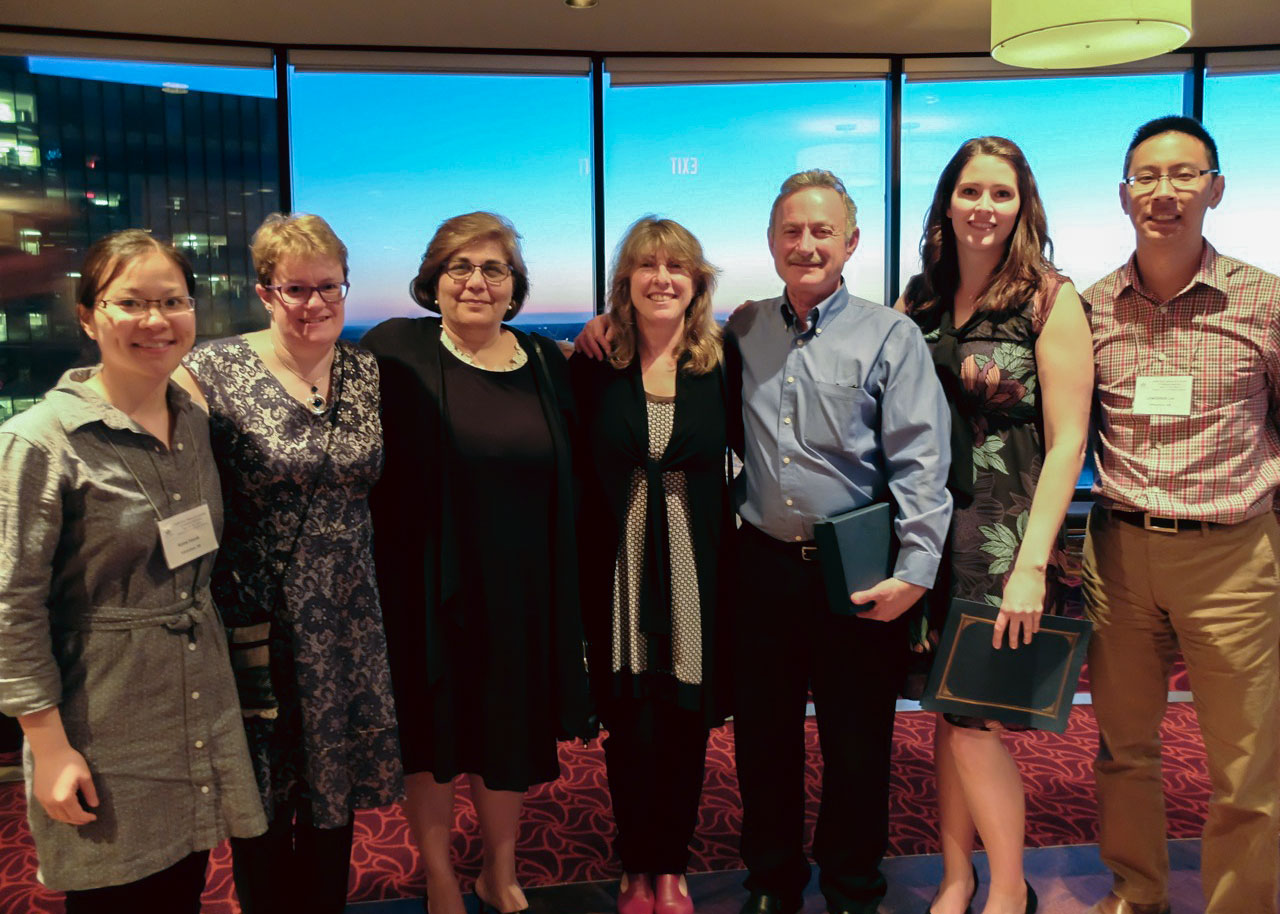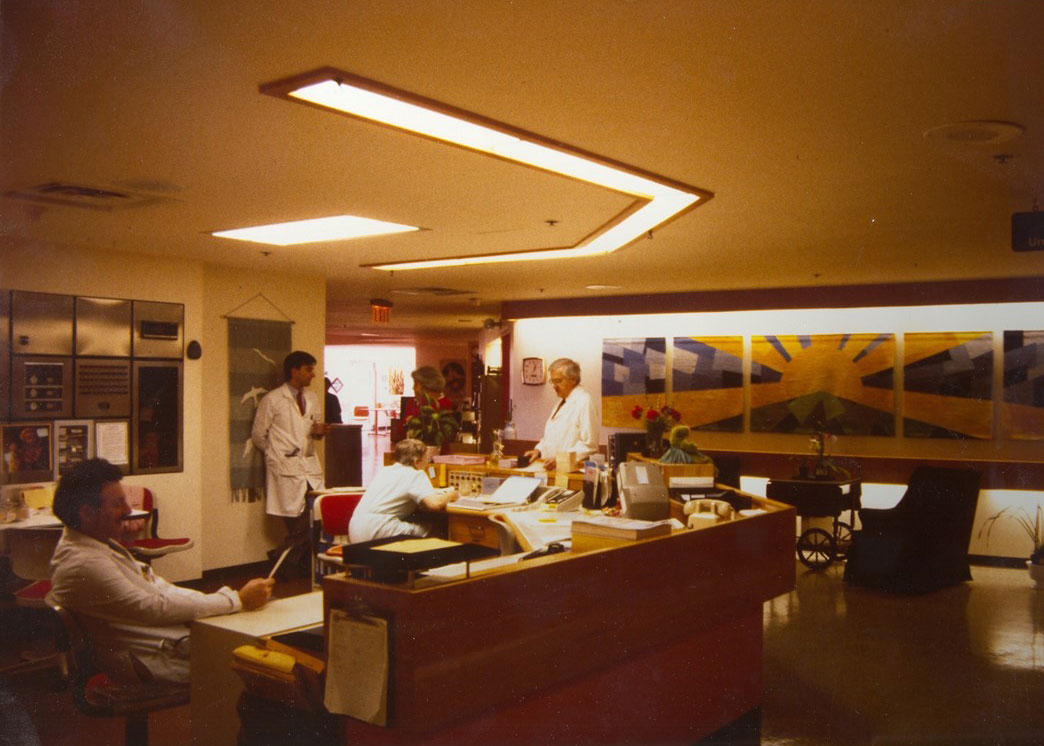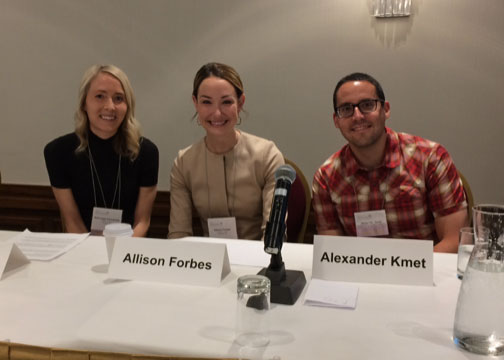Family Medicine: Palliative Care

Welcome to the Palliative Care Residency Program at the University of Alberta.
ESTABLISHED
THIS PROGRAM WAS FOUNDED IN THE EARLY 1990's
RENOWNED
INTERNATIONALLY RECOGNIZED ORGANIZATIONAL STRUCTURE
INNOVATIVE
THIS IS WHERE THE ESAS AND ECS-CP ORIGINATED!
Interview/CaRMS Specific Information
Interviews will be offered in a panel format and will be virtual.
We are looking for Family Physicians (CCFP required) with outstanding verbal and non-verbal communication skills. They need to be able to actively listen and convey empathy. They must be able to inspire confidence and win the trust of patients and families. They must also work well within the team environment, respecting the rights and dignity of each and every patient, family, and coworker. They must also have strong clinical strengths regarding their ability to gather, synthesize, and act upon complex clinical information.
At this time we are only able to accept Family Physicians with CCFP. Unfortunately due to constraints in capacity, our previous International Fellowship program is on hold.
Welcome to Our Program
Our mission for this training program is to prepare residents to be competent in the delivery, as part of the Inter-Professional team, of compassionate and ‘whole-person’ palliative care to the patients and families throughout the trajectory of life-threatening illness. They will be prepared with robust clinical skills to provide palliative care in a variety of settings, both primary as well as consultative, in a sustainable and fulfilling future practice. Also, through the strong academic component and scholarly project mentorship they will be well-prepared for a future practice in an academic setting.
Our comprehensive integrated palliative care program allows for diversity of patients as well as a variety of care settings. Our program provides consultative care in all the acute care hospitals, the Cancer centre, and in the Community and home setting, as well as experience on the attending teams on the Tertiary Palliative Care Unit. Opportunities are available for experience in Primary Palliative Care with colleagues who practice in this area; a longitudinal experience in Inner City Palliative Medicine; and opportunities for electives in smaller centres in Lethbridge and Whitehorse. Our approach in every setting is an interprofessional one and we value our colleagues on our teams very highly. We could not do this without them!
Residents with an interest in teaching, aside from the teaching role that they will gradually assume on the teams when rotating on the Tertiary Palliative Care Unit, can also participate in the facilitation of a palliative care session offered regularly for third year medical students on their Family Medicine core rotation. Research is a strength of our program, and our residents have frequently been either finalists or reward recipients for the Resident Research Award offered annually by the Canadian Society of Palliative Care Physicians in recent years.
Dr. Allison Chabassol
Program Director
Our Staff
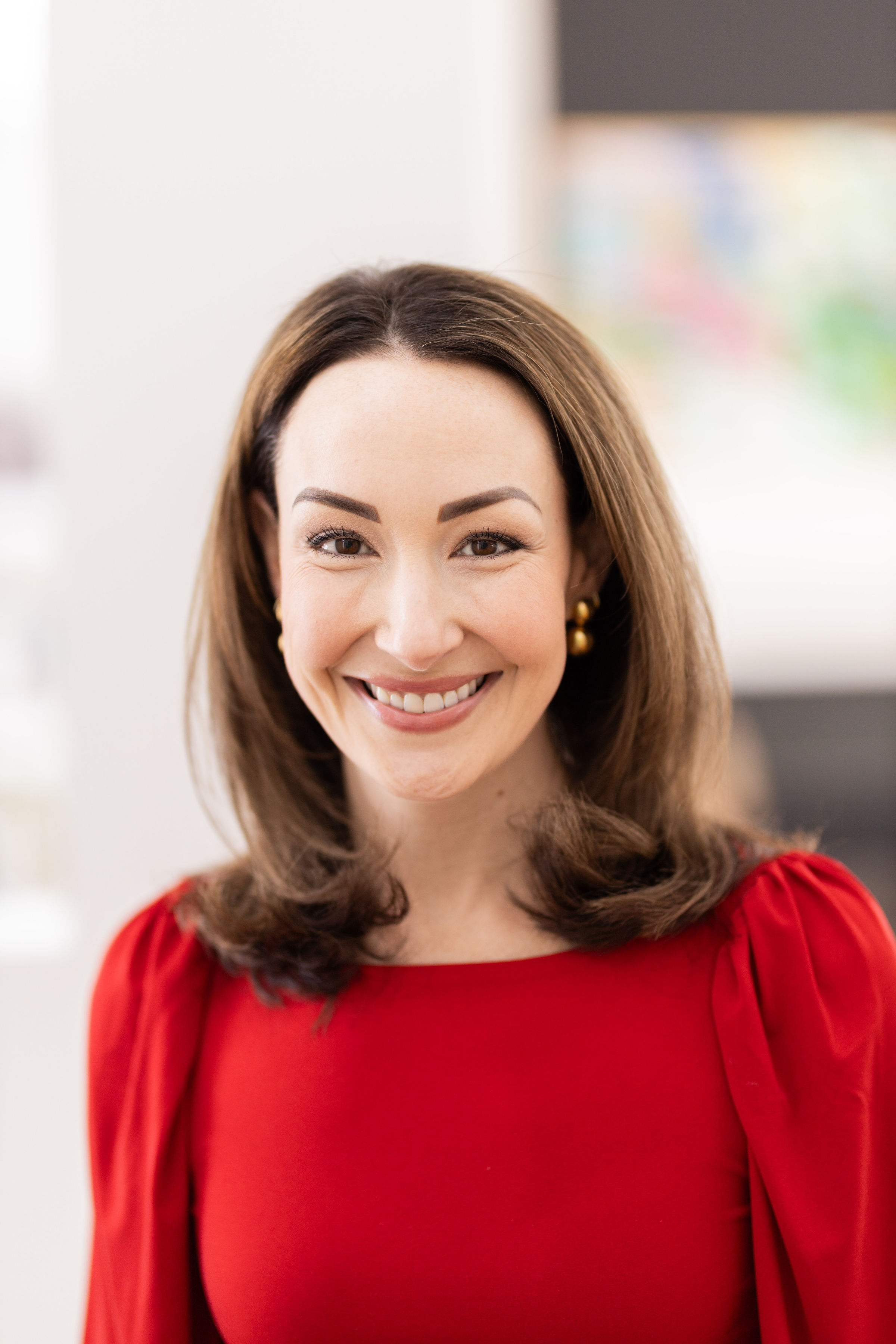
Allison Chabassol, MD, CCFP (PC)
Program Director
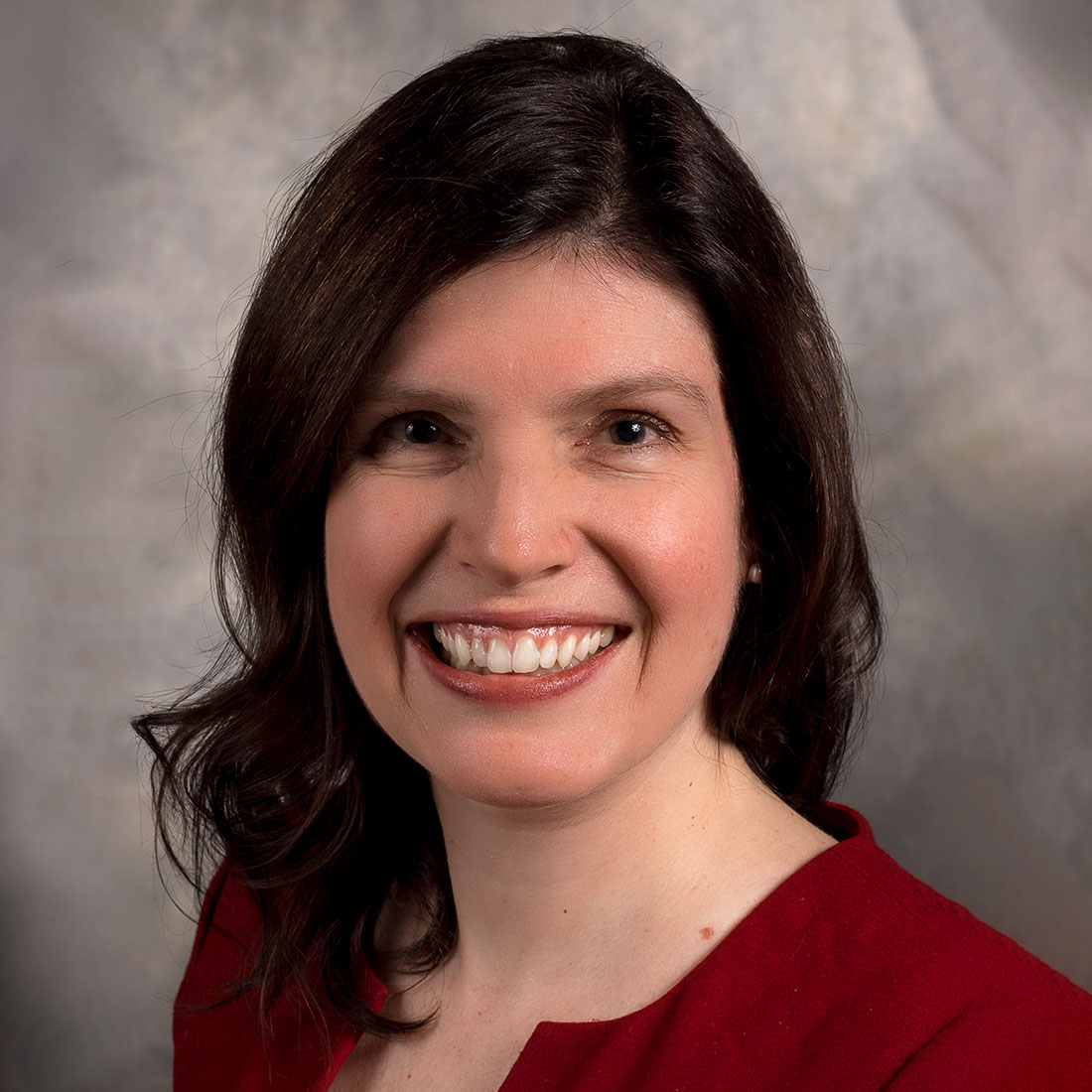
Sarah Burton-MacLeod MD CCFP (PC)
Assistant Program Director
Originally from Nova Scotia, Sarah came to Alberta for Family Medicine Residency and after working as a Family Medicine locum physician briefly, she returned to finish a third year in Palliative care. She is involved in both undergraduate and postgraduate medical education and truly believes that the palliative approach is something everyone in healthcare can help to provide. Clinically, she is currently part of the acute care palliative consultation teams at the University of Alberta and Royal Alexandra hospitals.
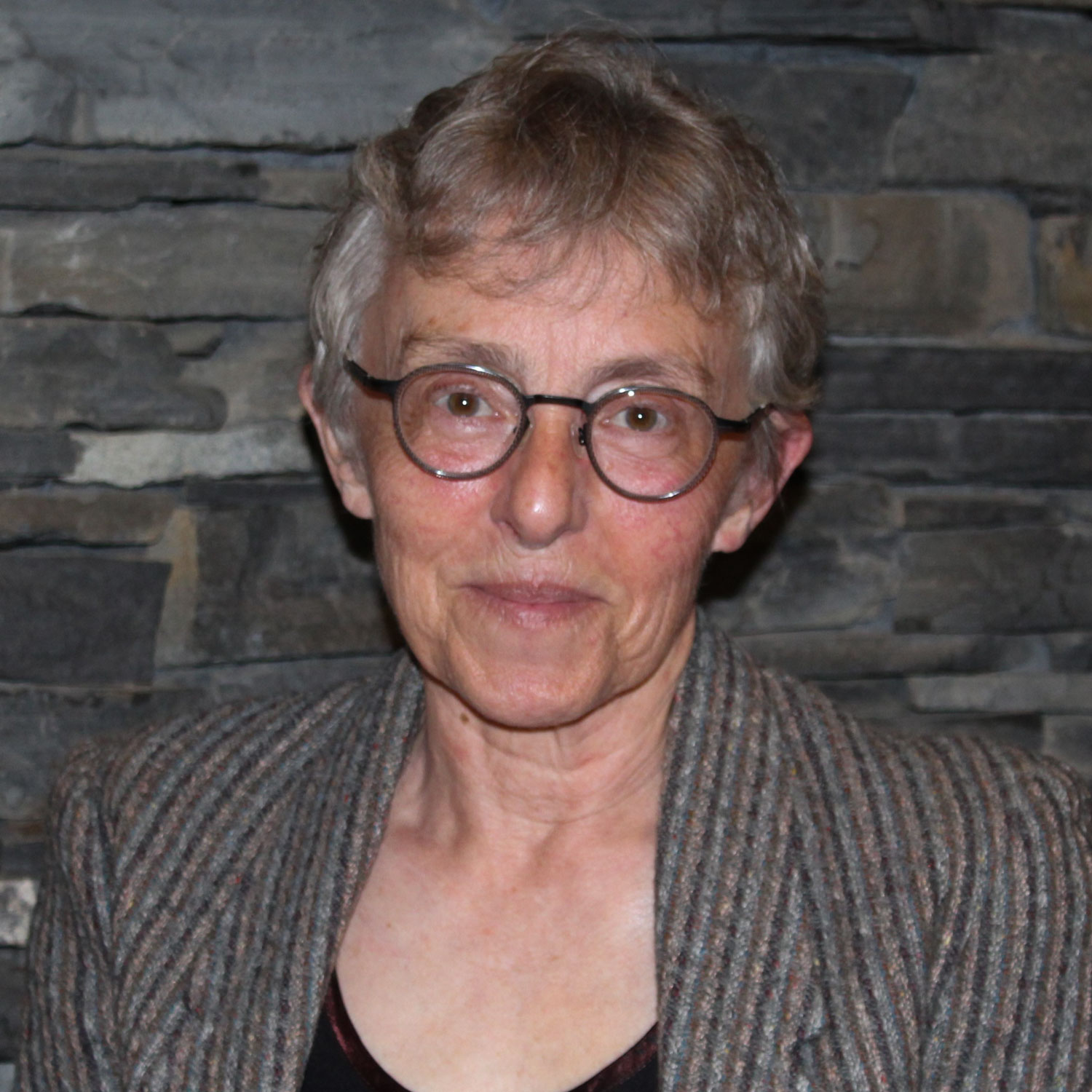
Vickie Baracos
Assistant Director for Research
Dr. Baracos is the Associate Director for Research, supporting the Division in planning and implementation of Resident training in research. She has been involved for ~16 years in the planning and execution of Palliative Care research including Alberta Cancer Board and CIHR Strategic initiatives and served as Scientific Officer of the CIHR Palliative and End of Life Care research panel. She has also had extensive experience in the formation and mentorship of MSc, PhD and clinician investigators, as well as formal roles in academic mentorship, tenure and promotion decisions. She has published 312 peer reviewed articles. Her citation-based metrics: >28,047 total citations (H-index=76, 31 papers cited >200 times).
Our Program
The program runs for one year and is an Enhanced Skills Program that is accredited by the College of Family Physicians of Canada. Entry into the Palliative Care program is contingent on successful completion of the Certification in the College of Family Physicians (CCFP).
Program Highlights

Longitudinal rotation in Inner City Primary Palliative Care



Strong history of research and academic work with experienced research Mentors available

Comprehensive integrated palliative care program within the Edmonton Zone

Wellbeing program developed specifically for residents within this residency training program
Residency at a Glance
- The Tertiary Palliative Care Unit (TPCU) at the Grey Nuns Hospital (four months)
- Acute care consult Teams (2 months)
- Pain and Symptom Outpatient Clinic at the Cross Cancer Institute (6 weeks)
- Medical Oncology (2 weeks) and Radiation Oncology (2 weeks)
- The Community Consult Team including home visits (2 months)
- Longitudinal clinic in Inner City Palliative care
- Research (completion of a scholarly project is required and research Mentors from our group will be assigned to help provide additional resources and expertise)
The Seminar Series on core topics is scheduled so as to be mostly Completed within the first 6 months of your training. After this, you will continue to have a total of two half-days a week of protected academic time when you can focus on your scholarly project for the remainder of the year.
Teaching Hospitals
We are a fully accredited program that follows the guidelines set out by the Royal College of Physicians and Surgeons of Canada.
Program Supports
- Wellbeing program developed specifically for residents in this program. It includes a series of seminars (the plan prior to covid was, ‘lunch and learn’) as well as a small number of dedicated Wellness days. It is led by a Psychologist in our group.
- A comprehensive fatigue-risk management policy specifically recognizing the impact of emotional and psychological fatigue in our field of palliative care
- A Mentorship program with a Mentor assigned within the first month of residency
- Research Mentorship
- A resident Representative on the RPC and regular meetings with the Program Director to ensure the Resident voice is both heard and represented
Frequently Asked Questions
Resident Testimonials
We asked our residents to share a few words about their experience in the Palliative Care residency program. Here is what a few of them had to say.
"Being a year out from my palliative care fellowship at the University of Alberta, I look back at the experience as deeply transformative. Aside from top tier clinical training by world class physicians, the fellowship emphasizes holistic growth through weekly professional development sessions, one-on-one mentorship, and structured scholarly projects. I would strongly recommend the fellowship to individuals who are passionate about caring for seriously ill patients and are interested in becoming a leader in the field of palliative care."
“During my residency, I was able to form strong professional relationships with both the faculty and fellow residents, who continue to be my colleagues and resource as a staff physician."
"For both the seasoned researchers as well as those who have never done research - the Edmonton Palliative Care Fellowship Program provides research opportunities for residents from all research backgrounds, allowing them to become skilled researchers if they choose to pursue it further in their career."
"Residents who complete their training at the Edmonton Palliative Care Fellowship Program will experience the entire spectrum of palliative care, including working at a tertiary palliative care unit, outpatient cancer centre as well as attending hospice and home visits. These experiences equipped me with the skills needed to practice palliative care in any type of setting."
